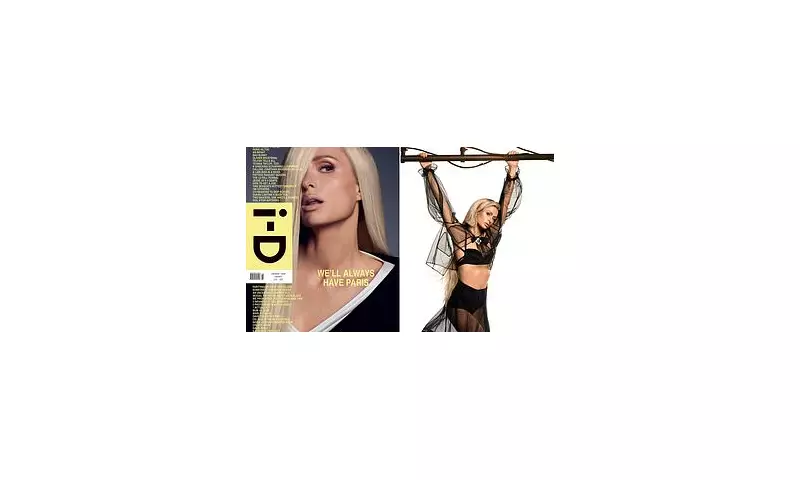
Two decades after being cruelly branded a 'bimbo' by tabloids and online trolls, Paris Hilton is powerfully reclaiming her story. The media personality and business mogul has opened up about the profound damage caused by the sexist and abusive labels that defined her early public persona.
In a candid reflection, Hilton slams the misogynistic narrative that overshadowed her intellect and business acumen. She revealed that the constant ridicule and dismissal were not merely hurtful comments but constituted a form of abuse that impacted her mental health and self-worth for years.
The Psychological Toll of Public Scrutiny
Hilton detailed the psychological toll of being the world's punchline. The relentless trolling and media mockery, she explains, went far beyond light-hearted teasing. It was a pervasive and damaging campaign that sought to diminish her to a mere caricature.
Her experience highlights a dark chapter in early-2000s celebrity culture, where the verbal abuse of women in the public eye was often dismissed as harmless fun or the price of fame.
Reclaiming the Narrative in 'This Is Paris'
The socialite is now reframing her legacy through her recent documentary, This Is Paris. The film serves as a stark counter-narrative, pulling back the curtain on the calculated creation of her 'dumb blonde' persona while showcasing her sharp business mind and entrepreneurial success.
By speaking out, Hilton joins a growing number of women from that era addressing the toxic media environment they survived. Her testimony adds significant weight to conversations about how society treats young women and the long-term consequences of public shaming.
Her story is a potent reminder of the very real human cost behind viral moments and tabloid headlines. Paris Hilton is no longer accepting the role of the bimbo; she is defining herself as a resilient survivor and a savvy business leader.





